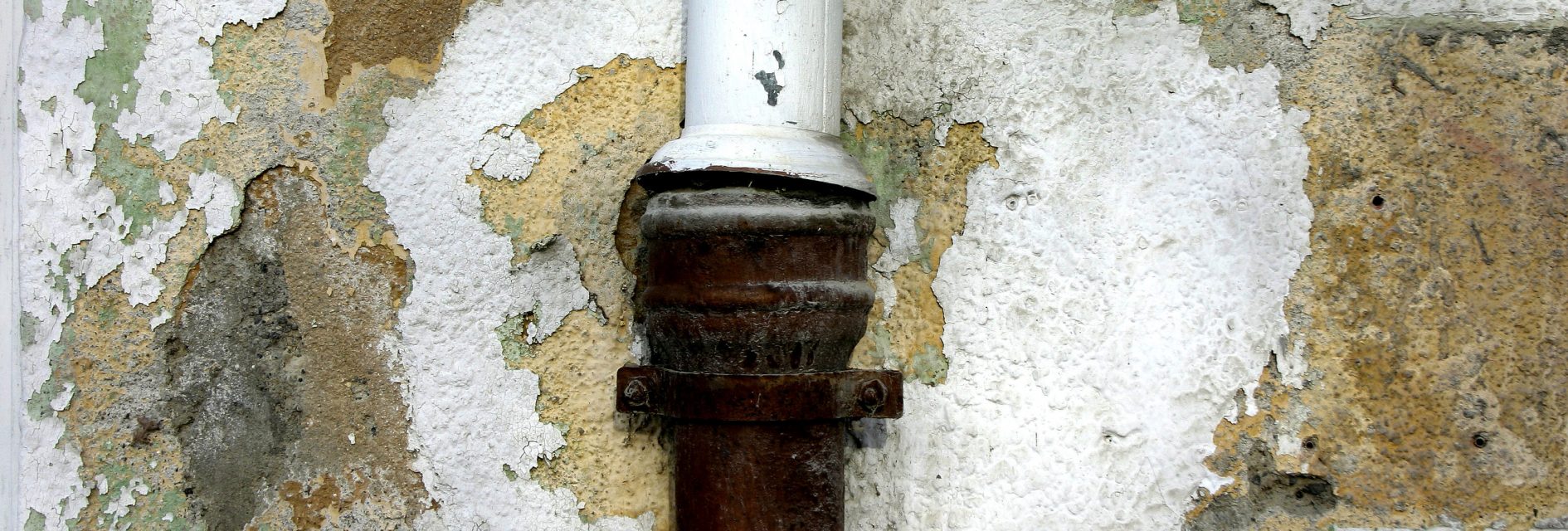There’s nothing worse than heading down into your basement only to be met with a foul sewage scent. It can render the entire floor virtually unusable until the odor is dealt with. Fortunately the experts at WaterGuard Plumbing are here to help. The following how-to guide will walk you through some basic sources of basement sewage smells.
Find the Source of Sewage Smell in Basement
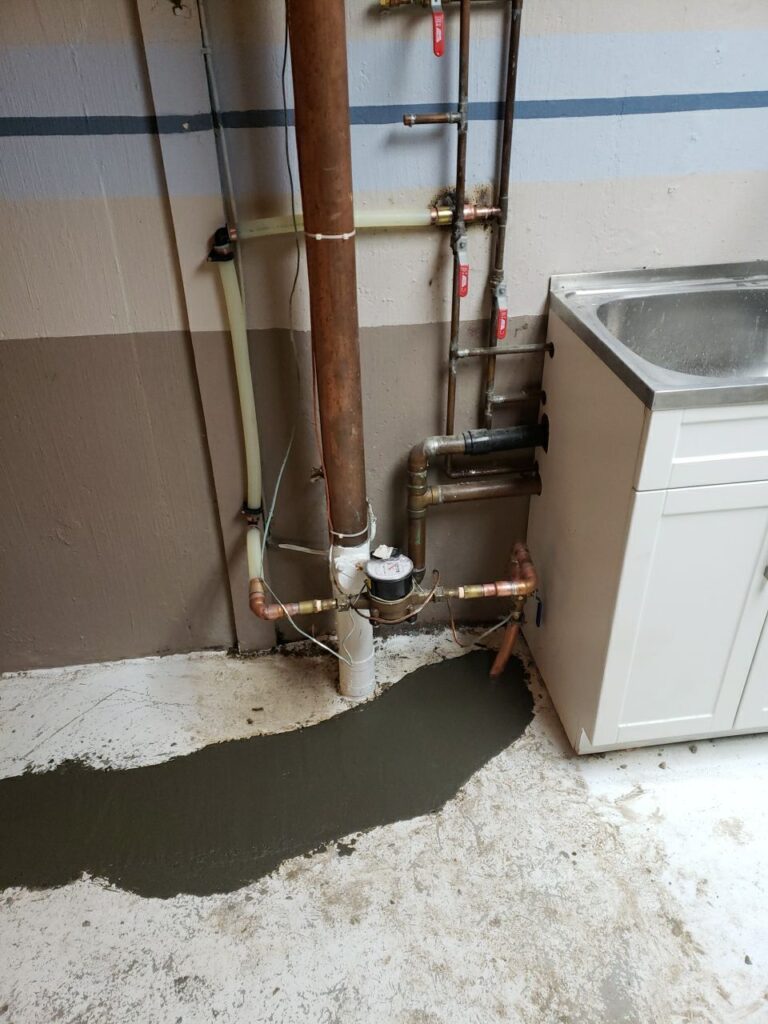
Identifying the source of a sewage smell in your basement essentially comes down to trial and error. But before we get going, be forewarned, you are likely going to get your hands dirty and come across cobwebs and insects. When it comes to plumbing problems it’s a good idea to start with drains, vents, and pipes – and depending on the actual cause, it is recommended that you wear protective wear like a face mask due to potential gas exposure.
Mold and mildew could also be the source of the odor. This can lead to breathing problems and allergic reactions, so if you suspect you’re dealing with mold treat the areas with bleach. It might also be a good idea to consult a professional to handle the infestation.
Check The Water Trap
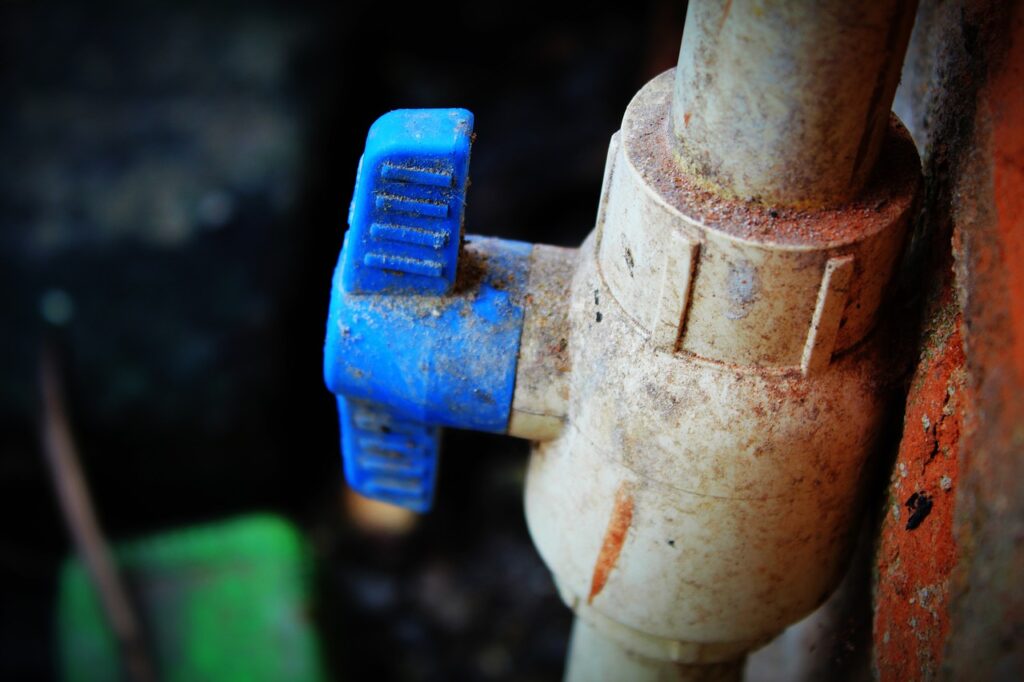
A dried water trap could also be the source of your sewage smell. These traps are located on the basement floor inside of drains and are used to prevent flooding. A small amount of water is to be expected in these traps to seal the pipe line and keep the odor from wafting throughout your basement and home.
When water traps are not used for long periods, they can dry out and lose the protective seal that keeps the odor contained. Fortunately a little hot water fixes things quickly. Pour roughly one gallon into the dry trap, and mix in some dish detergent for a nice fresh smell.
Fix Problems Caused By Appliances
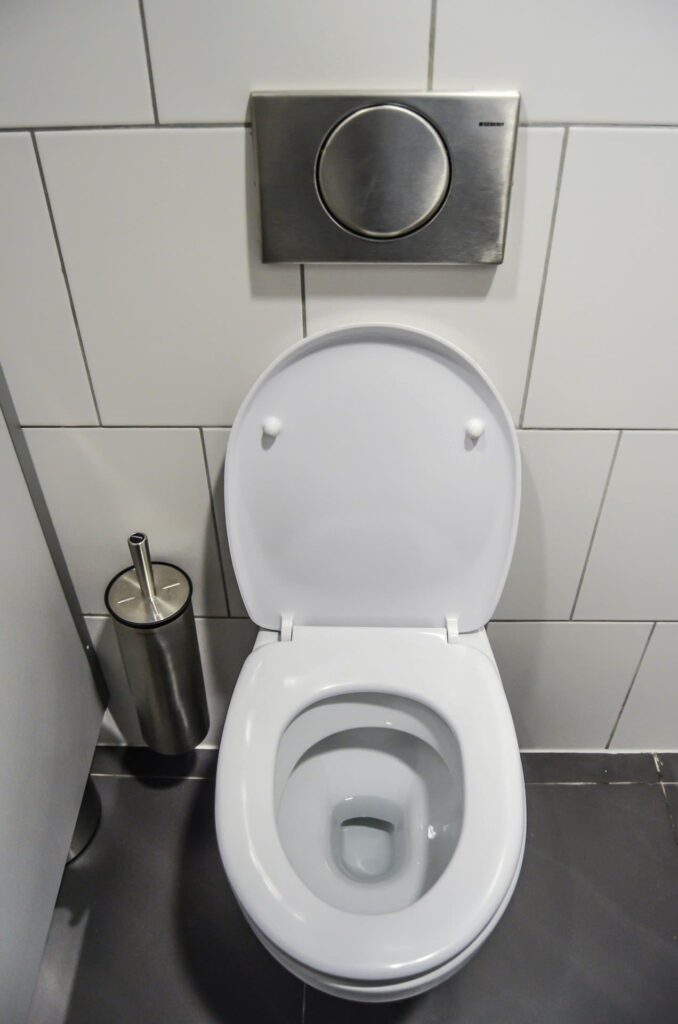
If your washing machine and dryer is housed in the basement, one issue that could arise is improper venting. Most appliances have vent systems that regulate the flow of sewer gases through its vent stack. I
If your washing machine drain is clogged or not hooked up properly, then the basement drain smell can leech back into the home. You should check the pipes and attempt to free and clog with bleach. This problem is found in numerous appliances, including air conditioners that have improperly connected HVAC systems.
If your toilet or kitchen has a broken p-trap, sewer gasses can also leak back into the home. Broken wax rings and flanges are other common toilet issues. If the seal is broken, or if the caulk around the base of the toilet is dry and cracking, replace it as soon as possible.
Replace The Broken Sewer Line
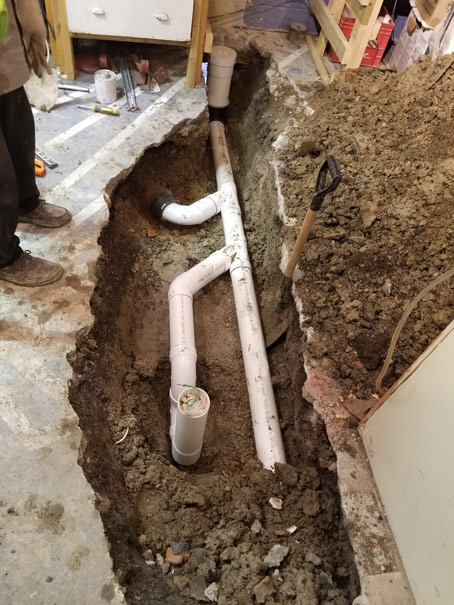
The sewer line itself is more often than not the culprit when it comes to off-smelling basements. A broken ejector pit or damage to the pipe itself can cause noxious odors to be released into your home.
Another issue you might face is if your pipes have cracks in them. The wastewater leaks down into the ground from sewer system and into the sump pump which helps keeps your basement dry. If there is too much sewer water that accumulates, the smell can leak back into your home. This issue normally can be resolved from a professional plumber to help prevent further damage into your home’s soil and foundation.
If you followed these tips and are still noticing that your basement smells like sewer, it’s time to call the experts. WaterGuard Plumbing’s team of expert technicians can quickly diagnose and treat any issue you’re dealing with – including a pesky sewer gas smell in basement – so visit our website or call us today for more information!

